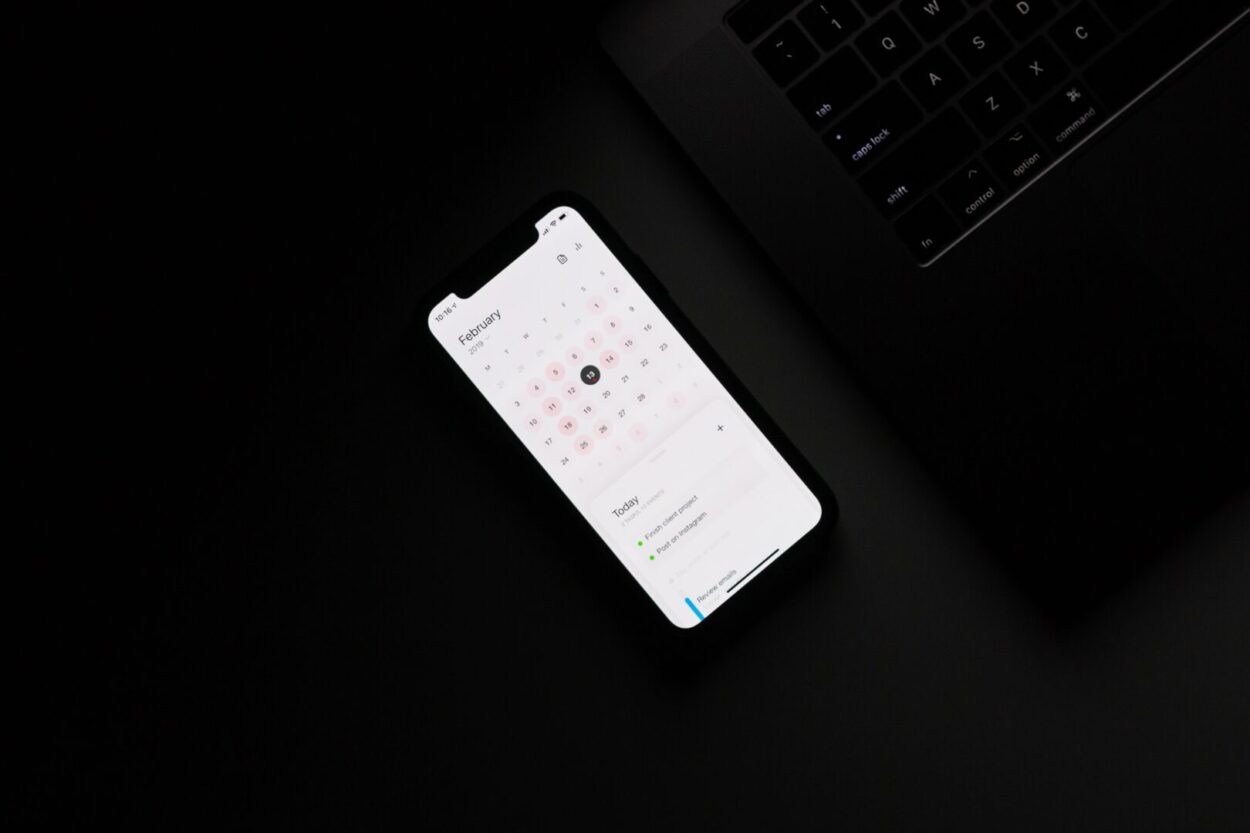Jasmine Birtles
Your money-making expert. Financial journalist, TV and radio personality.


If you’re a new freelancer – or thinking of becoming a contractor – Payments on Account is a little-known, but essential, tax thing you need to know about.
There’s no doubt that one of the greatest sources of financial distress for the newly self-employed is the sudden realisation that their first tax bill is much larger than expected. Payments on Account (POA) was devised to allow self-employed people to spread out their tax bill over a year. However, POA is also one of the most commonly misunderstood elements of the Self Assessment process, and many newly self-employed are unaware that it exists altogether.
As we enter a new financial tax year, perhaps now is the best time to get a headstart and really keep on top of your finances. So here’s everything you need to know about Payments on Account, and how you can ensure you are best prepared for your next tax return.
Simply, they are a way of paying off some of your tax bill in advance. You’ll pay two separate installments throughout the year, calculated based on your previous year’s tax bill. The first installment is due on 31st January, and the second is due on 31st July, with each of these two payments worth 50% of your previous tax bill.
There are some circumstances in which a POA will not be due. If your last tax bill was less than £1,000, or if more than 80% of your earnings are subject to PAYE, then you will be exempt from the POA system entirely.
It’s likely that payments on account will apply to the majority of self-employed people. Failure to pay the full amount may result in penalty fines and interest, so it’s certainly worth getting your head around the ins and outs of the POA system and how it works.

The reason it causes so much confusion among newly self-employed is because the first instalment on 31st January is due on the same day as your ‘balancing payment’ (which clears your tax bill from the previous year). If it’s your first time making a POA, you’ll essentially need to pay 150% of your tax bill in one go.
For example, let’s say your tax bill for 2024/2025 was £3,000. Your total tax bill on 31st January 2026 will be £4,500, including the balancing payment of £3,000 and an additional advance payment of £1,500 (50% of £3,000) at the same time. Then, on 31st July 2020, you would have to pay another £1,500.
However, this means that when you file your return for the following financial year, you’ll already have paid £3,000 towards it. If your bill for the 2025/2026 tax year is more than £3,000, you will simply need to make a balancing payment on 31st January 2027 and your POA will increase accordingly.
For example, let’s say your POA was £3,000, but in 2025/2026 you earned more so your bill comes to £5,000. On 31st January 2027 you will need to pay the balancing payment of £2,000, because you have already paid £3,000 in your January and July POA payments, and the first installment of your Payment on Account, which would be £2,500 (50% of £5,000). The total amount due on the 31st January would be £4,500, and an additional £2,500 due on 31st July 2027 to take that total to £5,000 to match the previous year’s bill, and so on.
It’s worth noting that if you think that your income for the next tax year will be lower than in the previous tax year, you can apply to have your POA reduced. However, if it transpires that you have underpaid your POA, you will have to pay interest on the outstanding amount, which could turn out into a hefty tax bill.
Keep ahead of your payments on account with these top tips.
Technology has been simplifying processes for decades, and when it comes to staying on top of your finances, it can be the ultimate assistant. For small businesses, invoicing software streamlines financial operations and ensures timely and accurate billing. With Making Tax Digital looming, it’s important to have your accounting software set up sooner rather than later.
But you should also consider using a receipt tracking app, too. This is particularly true if most of your business is conducted out-and-about or you buy physical items from a shop, such as stationery. The receipt trackers are easy (and there are lots of free ones around), simply take a photo of the receipt and log the details in a few seconds. If you hire an accountant, they will love you for this! It keeps your receipts in order and makes them easy to share if you are audited by HMRC at any point.

With the financial calendar starting and ending on 6th April, remembering all the financial dates and deadlines can be difficult. Fortunately, when it comes to ensuring payments are punctual, calendar reminders can be a real asset. Here are a few ways to ensure that you fully utilise them:
Setting up a direct debit specifically for your tax payments is a useful way to ensure that you don’t miss the POA deadlines, and therefore avoid paying a £100 late payment fine. Once set up, be sure to check that the direct debit account contains enough capital to cover the bi-annual payments.
If for any reason your POA is increased, or you have to reduce it, then be sure to update the value of your direct debit payment accordingly.
If you are newly self-employed, the costs of running and managing your own activities can be a surprisingly time-consuming and costly practice, so making sure that you are budgeting effectively for your POA expenditure is important.
Putting money aside is something most of us are familiar with. So, whether you’re saving for a car, house or pension, applying the same philosophy to POA is a good way to ensure that money is left available when the time comes. Save a portion of earnings per week or month specifically for your tax payments, and you’ll be surprised how quickly funds build up.
Disclaimer: MoneyMagpie is not a licensed financial advisor and therefore information found here including opinions, commentary, suggestions or strategies are for informational, entertainment or educational purposes only. This should not be considered as financial advice. Anyone thinking of investing should conduct their own due diligence.

Government takes advance money of next year bill whereas an individual can be worse off if their tax bill is lower. Government still makes good use of that money during this time.